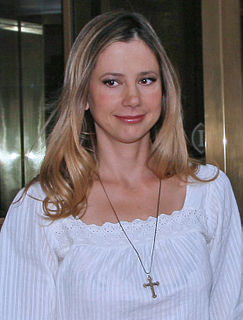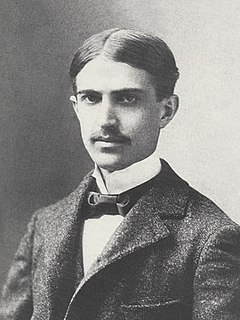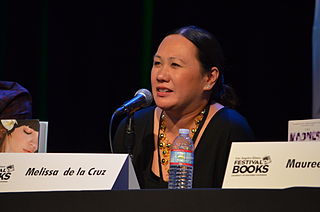A Quote by Joseph Joubert
If fortune wishes to make a man estimable, she gives him virtues; if she wishes to make him esteemed, she gives him success.
Related Quotes
The woman is the man's glory, and she naturally delights in the praises which are assurances that she is fulfilling her function; and she gives herself to him who succeeds in convincing her that she, of all others, is best able to discharge it for him. A woman without this kind of "vanity" is a monster.
She put both her hands on his shoulders and gazed at him long, with a deep look of ecstasy and yet searchingly. She scrutinized his face to make up for the time she had not seen him. She compared, as she did at every interview with him, the image her fancy painted of him (incomparably finer than, and impossible in actual existence) with his real self.
She looked at him then, but his image blurred behind tears that swelled into her eyes. She must leave. She must leave this room, because she wanted to hit him, as she had sworn she never would do. She wanted to cause him pain for taking a place in her heart that she wouldn't have given him if she'd known the truth. "You lied to me," she said. She turned and ran from the room.
It was so enticing from the beginning to be this woman who was entrenched in The Flash's world. She's not there to just tell him what a great job he's doing, she's also there to push him further and help him to be the best that he can be. She's often the first person to be a little bit skeptical of him, which is kind of nice. She really challenges him.
There's really quite a beautiful marriage between Milady's ingenuity and D'Artagnan's immaturity. When they first meet, she's trying to frame him. She's using him for a certain reason. They haven't just met by coincidence. She's singled him out for a reason. She knows that she can almost make D'Artagnan do what she wants to, and that's when D'Artagnan's immaturity comes out.
She was in a terrible marriage and she couldn't talk to anyone. He used to hit her, and in the beginning she told him that if it ever happened again, she would leave him. He swore that it wouldn't and she believed him. But it only got worse after that, like when his dinner was cold, or when she mentioned that she'd visited with one of the neighbors who was walking by with his dog. She just chatted with him, but that night, her husband threw her into a mirror.
Sometimes a woman's love of being loved gets the better of her conscience, and though she is agonized at the thought of treating a man cruelly, she encourages him to love her while she doesn't love him at all. Then, when she sees him suffering, her remorse sets in, and she does what she can to repair the wrong.
He was making her feel small and absurdly petulant and, worse yet, she suspected he was right. She always suspected he was right. For a brief irrational moment, she wished she could walk away from him. Then she wished, more rationally, that she could love him without needing him. Need gave him power without his trying; need was the choicelessness she often felt around him.




































